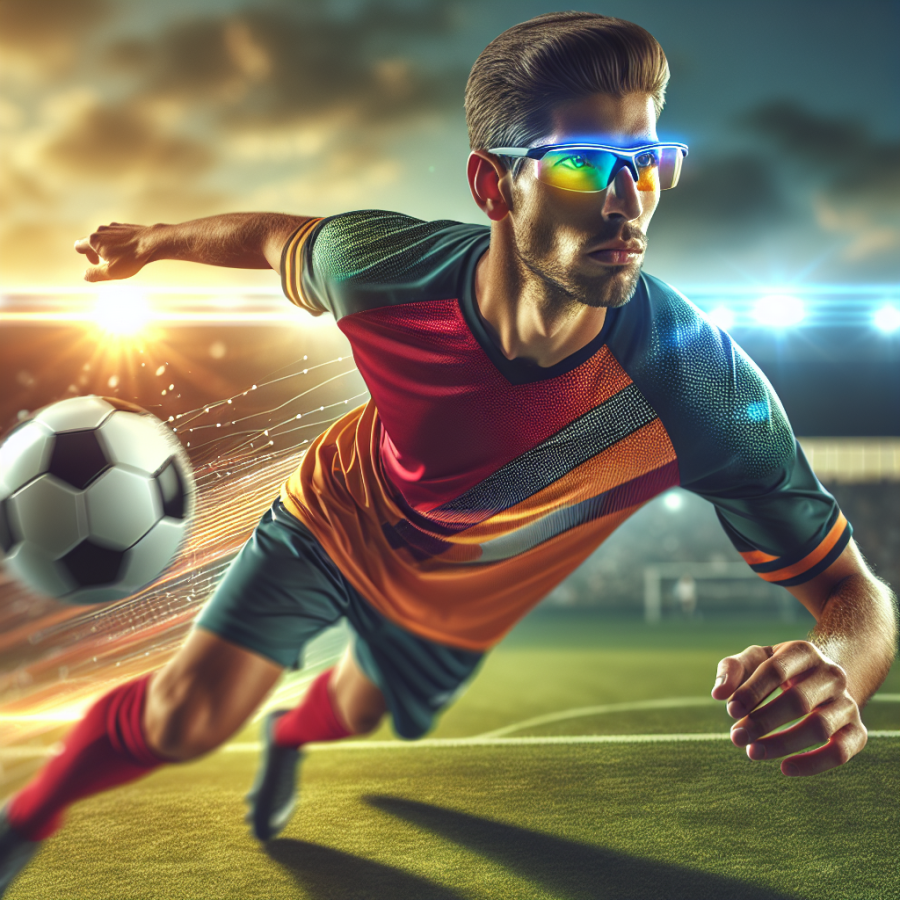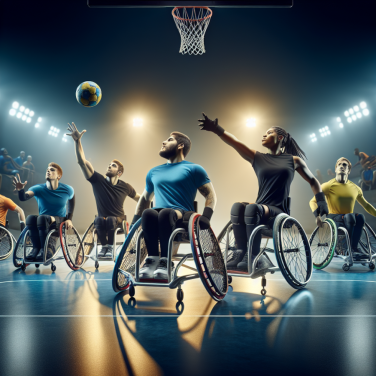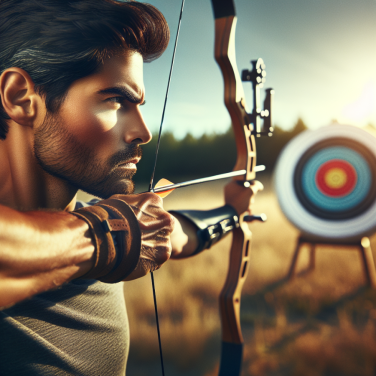The Possibility of Optically Challenged Athletes Excelling in Soccer
In the realm of soccer, it might seem a bit unconventional or even surprising to see athletes donning glasses on the field. The world might question their ability to balance the motion, speed, and precision that the game requires while taking care of their vision needs. However, by looking beyond the stereotypes and norms, we find that optically challenged players, specifically those who wear glasses, can compete on the field and excel in the game as effectively as any other athlete.
While soccer's nature demands a sharp vision in order to track a small, moving ball and react promptly to changes during the game, the thought that one's visual impairment could pose a handicap is far from the reality. In actual fact, there are quite a number of successful soccer players who have thrived in their respective careers, in spite of visual challenges.
Modern sport requires strength and consistency, alongside the ability to adapt and overcome any hindrances that an athlete could be confronted with. For optically challenged soccer players, adapted eyewear can prove to be a game changer. Today's advancements in technology offer glasses and contact lenses that are custom-designed to mitigate an individual's vision issues without hindering athletic performance on the field. These specially designed spectacles are robust, lightweight, and resilient enough to stay put amidst vigorous bodily movement and potential impacts.
Turning toward the rules and regulations set out by the International Football Association Board (IFAB), they also don't specifically prohibit the use of sports glasses. They stipulate that a player must not use equipment or wear anything that is dangerous to him or any other player. IFAB has accepted that, as long as the frames do not pose any risk to any player, including the wearer, they can be worn during a game. This has opened avenues for optically challenged athletes to play soccer without compromising on their safety or vision.
Training also plays a crucial part in this scenario. With effective training methodology, players with glasses can hone their skills and adapt their gameplay. Soccer drills focusing on footwork, ball control, and spatial awareness can be tailored to help these athletes acclimate to their eyewear while playing, enhancing their confidence levels in their abilities, thus leading them to be as competitive as their fellow players.
Finally, it's essential to mention that there are numerous examples of sports personalities who have faced visual challenges yet have never stepped back from any opportunities to excel in their fields.
Read also:
The Thrilling World of Paintball: An Insider's Guide
Shattering Myths: Soccer Players and Glasses
While glasses may seem cumbersome or even risky for soccer players in full paste, it is a profoundly misguided conception that they cannot – or should not – be worn on the field.
A common misconception is that glasses negatively affect players' performance by distorting their vision. However, innovative technology in the optometry industry dispels this myth. Numerous designs cater to athletes, offering sport-specific sunglasses and prescription eyewear.
For soccer players, the industry provides lightweight glasses that perfectly fit players' faces, eliminating the inconvenience of frequent adjustments during the game. The flexible materials used in the construction of frames ensure durability and resistance to the harsh conditions in competitive settings. Additionally, shatter-resistant, anti-scratch polycarbonate lenses stand up to both physical pressure and environmental aggressors like dust and pollen, providing unbeatable visual clarity for athletes.
Another myth is that glasses could increase the risk of injuries on the field. It's been proven false by several studies. A significant number of eye injuries in sports result from finger pokes, balls, and changes in direction during play – not from glasses. In fact, glasses might even serve as a protective measure against such incidents.
Specialized sports eyewear, including adaptable goggles, can fit easily over prescription glasses. These come with straps to ensure secure wear during fast-paced soccer games. With cushioning at strategic points of contact between the glasses and the player’s face, they not only offer comfortable wear but also provide additional protection from accidental hits or falls.
Contrary to popular belief, wearing glasses has no negative impact on the accuracy of players' peripheral vision. This is a crucial aspect for soccer players, who must constantly keep a watchful eye on their surroundings to strategize their moves. Specialist sports eyewear manufacturers have thoughtfully designed frames that do not obstruct peripheral vision, thus facilitating a comprehensive field of view for players.
Special photochromic lenses, which automatically adjust to changes in light, support soccer players to perform optimally in variable lighting conditions. Whether playing under the burning midday sun or the subdued twilight glow, these lenses ease the wearers' adaptation to changes in light and ensure uninterrupted performance.
Several professional soccer players who need visual correction opt for contact lenses, but many still prefer glasses for reasons varying from comfort to style. NBA superstar Steve Nash, for instance, certainly didn't let his eyewear inhibit his performance.




